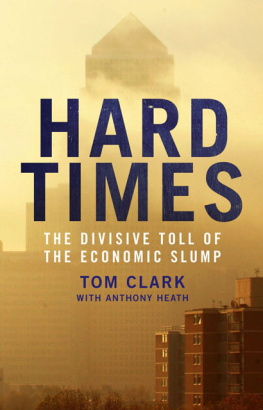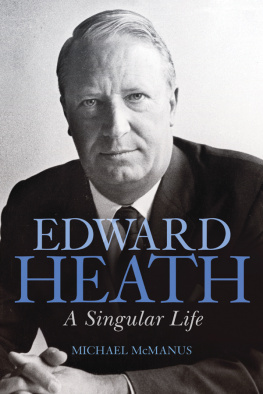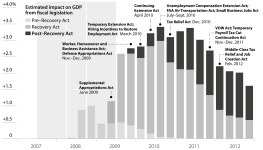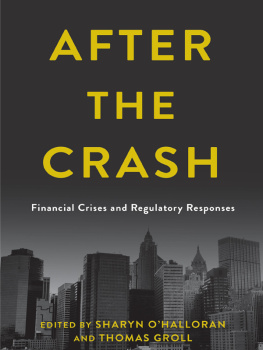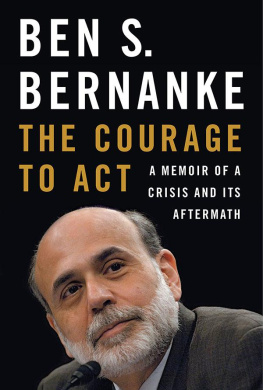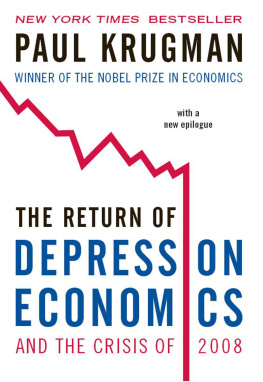

Copyright 2014 Tom Clark
The right of Tom Clark to be identified as the author of this work has been asserted by him in accordance with the Copyright, Designs and Patents Act 1988.
All rights reserved. This book may not be reproduced in whole or in part, in any form (beyond that copying permitted by Sections 107 and 108 of the U.S. Copyright Law and except by reviewers for the public press) without written permission from the publishers.
For information about this and other Yale University Press publications, please contact:
U.S. Office:
Europe Office:
Set in Sabon by IDSUK (DataConnection) Ltd
Printed in Great Britain by TJ International Ltd, Padstow, Cornwall
Library of Congress Cataloging-in-Publication Data
Clark, Tom, 1976
Hard times : the divisive toll of the economic slump / Tom Clark, with Anthony Heath.
pages cm
Includes bibliographical references and index.
ISBN 978-0-300-20377-6 (alk. paper)
1. United StatesEconomic conditions2009 2. United StatesSocial conditions. 3. Great BritainEconomic conditions1997 4. Great BritainSocial conditions. 5. RecessionsSocial aspects. 6. Global Financial Crisis, 20082009Social aspects. I. Heath, A. F. (Anthony Francis) II. Title.
HC106.84.C53 2014
330.973dc23
2014002243
A catalogue record for this book is available from the British Library.
10 9 8 7 6 5 4 3 2 1
For my mother
T.C.
Contents
Preface and acknowledgements
The research underpinning this volume was undertaken as part of a five-year collaboration between the University of Manchester and Harvard University, known as Social Change: A HarvardManchester Initiative (SCHMI). The collaboration was directed by Robert D. Putnam, the Malkin Professor of Public Policy at Harvard, and Ed Fieldhouse, Professor of Social and Political Science at Manchester. It was based at the Institute for Social Change at Manchester and ran from 2007 to 2012. This book draws especially heavily on work by the following individual scholars, whose work was funded through the programme and coordinated by Anthony Heath:
Gabriella Elgenius (Oxford)
Paul Hepburn (ISC)
James Laurence (ISC)
Yaojun Li (ISC)
Chaeyoon Lim (Wisconsin)
Siobhan McAndrew (ISC)
Lindsey Macmillan (Institute of Education, London)
The correspondence between the research and the chapters that follow is not exact, but papers by Laurence and Lim particularly inform Chapters 5, 6 and parts of Chapter 7; the work of Li, Chapter 3; and the work of Macmillan, the final part of Chapter 7. McAndrew's work on suicide is used in Chapter 7, as is attitudinal data researched by Hepburn in Chapter 9, and they both helped with some of the historical trends documented throughout the book. Full details of the research papers are provided in the notes to each chapter. To say that we are grateful to these researchers is scarcely adequate without them there would be no book. Particular thanks are due to Gabriella Elgenius, who joined the project late, and then worked tirelessly with modest resources to conduct the interviews with hard-hit families that run throughout the pages.
In addition, we would like to thank other SCHMI scholars especially Robert Ford (ISC) and Maria Grasso (Sheffield) who produced interesting papers on other aspects of the experience of hard times which ended up being less central to the book as it evolved. They also contributed valuable comments at SCHMI seminars in Manchester in 2011 and in Sarasota, Florida, in 2012.
At the same events and since, we benefited greatly from the advice and insight of Professor Putnam himself, who suggested many telling points and ringing phrases that have made their way into our text, including the tornado image, which twists its way through the book. Beyond his important direct input into the present work, we also need to thank Professor Putnam for his leadership over the five years of SCHMI, and Professor Fieldhouse for providing the day-to-day management with friendly dedication, as well as expert analytical support on quantitative aspects of the research. Professor Rachel Gibson has subsequently taken over as director of the Institute for Social Change, and we would like to extend thanks to her for efficiently tying up the managerial loose ends, as we would to Magdalen Faulds for helping with the final administration. The support of Jennifer Birchall, Tom Sander and Kyle Gibson is gratefully acknowledged in pulling off the major logistical task of bringing together scholars from both sides of the Atlantic. Tom Sander also played a major role in our intellectual debates and we are very grateful for his expert input throughout the project.
SCHMI would not have existed without generous funding from the University of Manchester, which we gratefully acknowledge. We would like to thank the then President, the late Alan Gilbert, and the Vice-President and Dean, Alistair Ulph, for their enthusiastic support in making SCHMI a reality.
Tom Clark would like to thank: Stephan Shakespeare, Joel Faulkner Rogers and Peter Kellner of YouGov for providing data and expert guidance on its interpretation, and likewise Bobby Duffy of Ipsos MORI and Martin Boon from ICM. Alison Park of NatCen Social Research was extremely helpful in providing BSA data. For providing additional numbers and help in making sense of them debts are owed to the Institute for Fiscal Studies (especially Robert Joyce and James Browne) and the Resolution Foundation (where James Plunkett, Gavin Kelly, Vidhya Alakeson, Warwick Smith and Matthew Whittaker were all invaluable). Simon Kirby from the National Institute has been another great help in providing data, as has Danny Blanchflower at Dartmouth College, Professor Steve Machin of UCL and Professor Paul Gregg and Maria Fernndez Salgado at Bath. John Goldthorpe kindly made time to talk over matters to do with social class and social mobility, as did Professor Janet Hunter of LSE on Japan.
For helping us assemble a rich range of case studies with great speed, we would like to thank the Resolution Foundation for a second time, as well as Citizens Advice, Save the Children and the London MPs Stella Creasy and Karen Buck.
Tom also owes a debt of thanks to Alan Rusbridger and Paul Johnson at the Guardian for allowing him time off, and to his leader-writing colleagues David Hearst, Martin Kettle and Anne Perkins for putting up with the consequences for their own workload. He also wishes to thank Aditya Chakrabortty from the paper, for reading a near-entire manuscript and providing insightful tips, as well as Simon Lancaster who cast an eye over the proposal at an earlier stage, and Yale's two anonymous readers for their expert suggestions. We are also greatly indebted to copy-editor Clive Liddiard, for turning his eagle eye to every last line of the text, and averting many mistakes in the process.
Tom would like to thank his family, particularly Helen, but also her parents and his own mother for providing out-of-hours childcare, without which the writing could never have got done.
As agent, Sarah Chalfant did a wonderful job in guiding us to flesh out what was initially a rather flimsy proposal into something substantial, and particularly in encouraging us to bring in the voices of the recession's victims directly. Together with Alba Ziegler-Bailey and colleagues at Wylie, she showed extraordinary patience in shepherding a project, which encountered more than its share of upsets, through to deal and publication.
Next page
